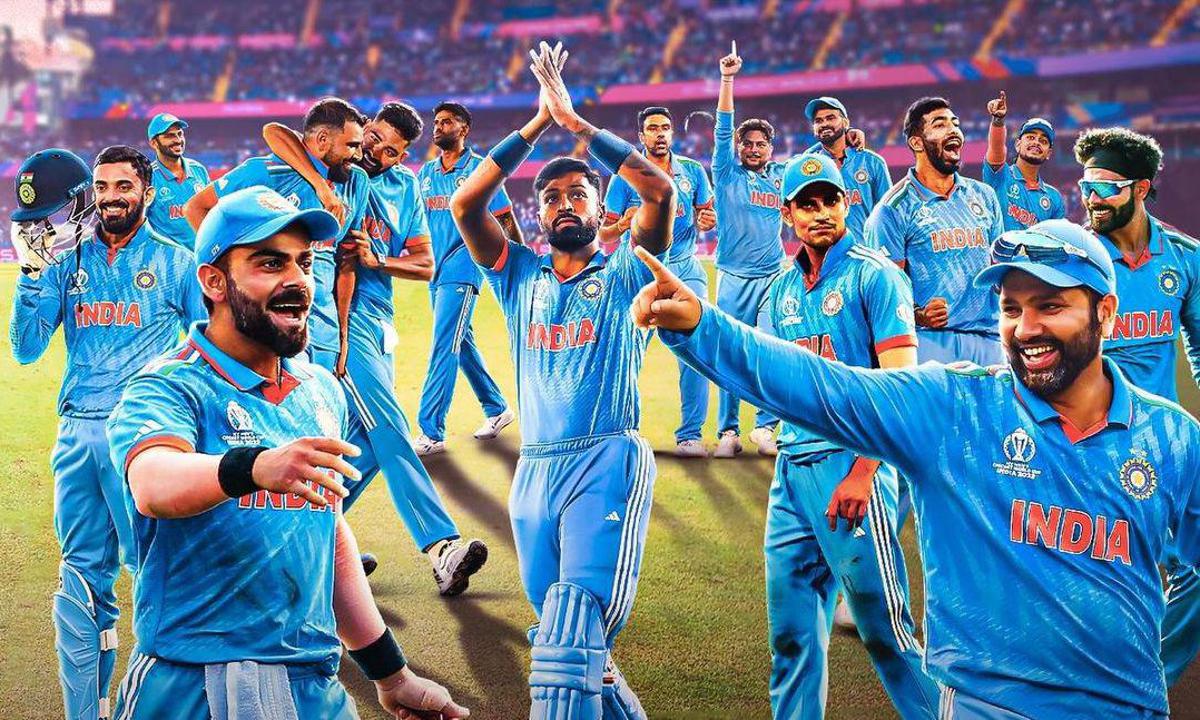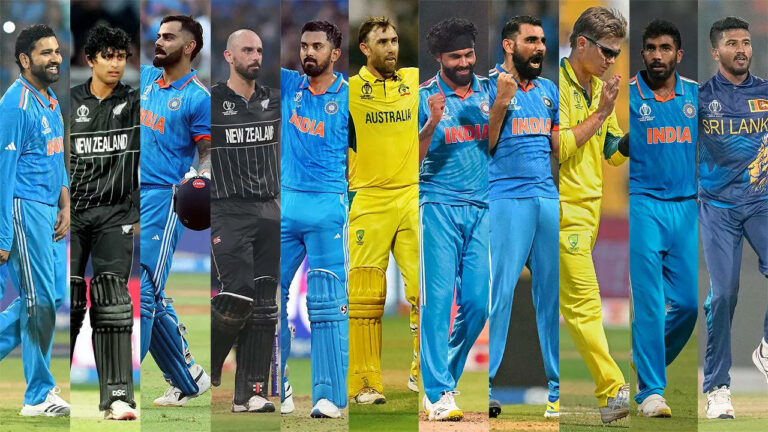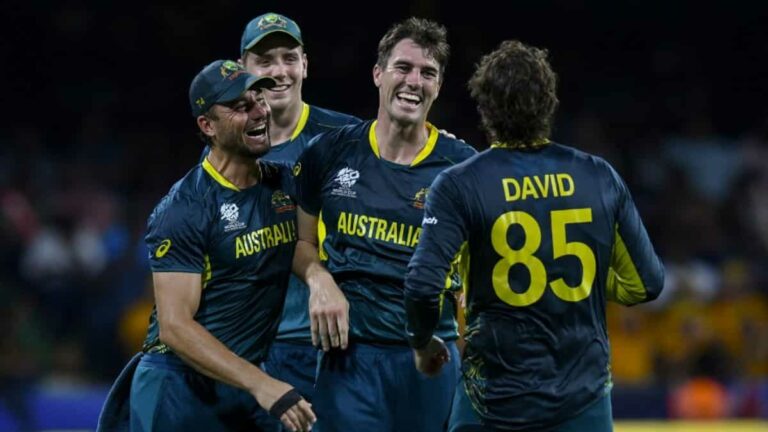The Role of Coaches in Modern Cricket Leagues: 99exch, Reddy Anna Book, Allpanel
99exch, Reddy Anna Book, All Panel.com, Allpanel: Over the years, the role of a cricket coach has transformed significantly in cricket leagues. Initially, coaches were primarily seen as mentors who focused on player development and basic skills training. However, with the rise of professional leagues and the increasing complexity of the game, modern cricket coaches are now expected to be strategic thinkers, master tacticians, and skillful motivators.
The evolution of coaching in cricket leagues has not only expanded the responsibilities of coaches but also raised the bar for their level of expertise. Coaches are now required to have a deep understanding of the game, possess strong leadership skills, and be able to adapt quickly to changing situations on the field. Moreover, they are instrumental in creating a positive team culture, fostering player development, and implementing effective game strategies to achieve success in highly competitive leagues.
Key Responsibilities of Cricket Coaches
Cricket coaches play a pivotal role in shaping the performance and development of their players. One of their key responsibilities is to provide technical guidance and improve the skills of individual players through specialized training sessions and drills. It is essential for coaches to understand the strengths and weaknesses of each player and tailor their coaching approach accordingly to help them reach their full potential.
In addition to focusing on technical aspects, cricket coaches are also responsible for nurturing a positive team culture and fostering strong team dynamics. They must create a supportive and motivational environment where players feel encouraged to excel both on and off the field. Building effective communication channels and providing constructive feedback are crucial elements in the coach’s role to ensure team cohesion and success.
Strategic Planning and Game Analysis
Strategic planning plays a crucial role in the success of a cricket team. It involves analyzing the strengths and weaknesses of both the opponents and the team itself to come up with a solid game plan. Coaches must carefully consider factors like pitch conditions, weather, and player form when devising strategies for each match.
Game analysis is an essential tool for coaches to evaluate the performance of the team during a match. By closely observing the players’ actions and reactions, coaches can identify areas that need improvement and make real-time adjustments to their strategy. This allows the team to adapt to the changing dynamics of the game and maximize their chances of winning.






